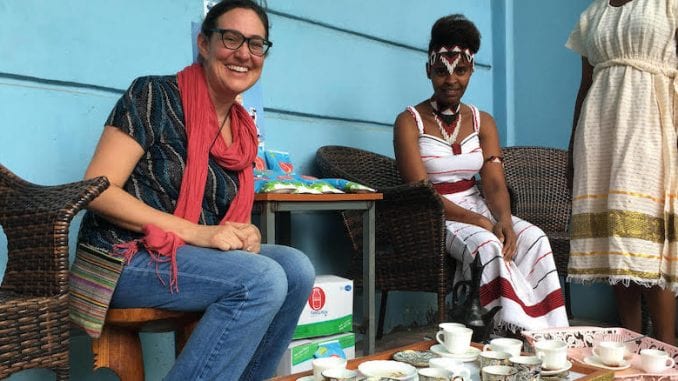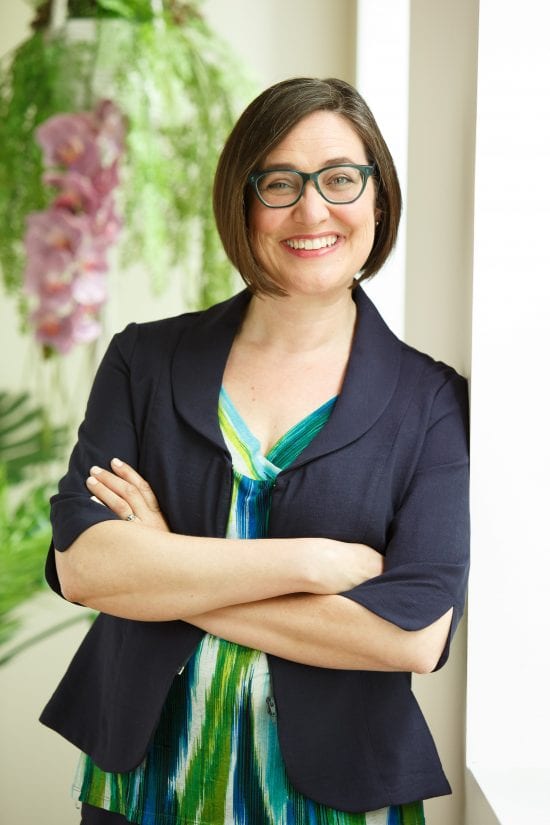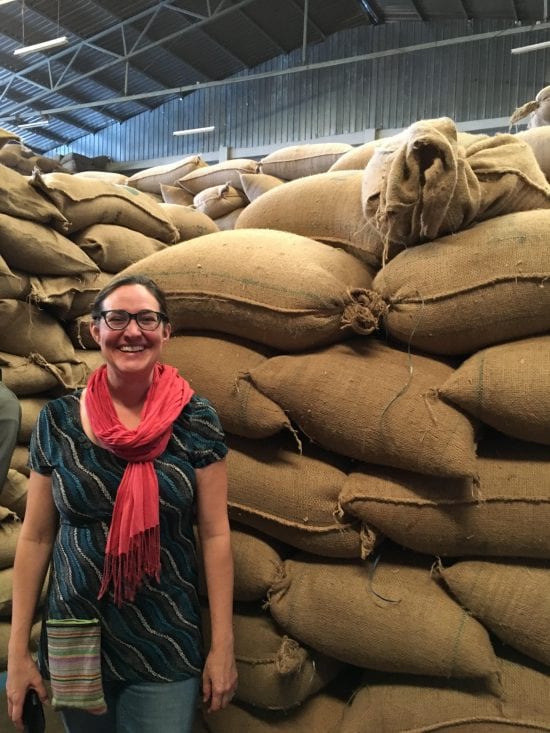
We talk to the new CEO of World Coffee Research about her background in agriculture, her vision for the organization, and much more.
BY CHRIS RYAN
BARISTA MAGAZINE ONLINE
Photos courtesy of World Coffee Research
This spring, nonprofit research and development organization World Coffee Research (WCR) announced new leadership: On June 1, Jennifer “Vern” Long took over as WCR’s CEO. A plant breeder by training, Vern has spent more than 25 years working in agricultural research with smallholder farmers, including serving as the Director of the Office of Agricultural Research and Policy at the U.S. Agency for International Development (USAID).
As WCR’s new CEO, Vern takes over from Tim Schilling, the organization’s founder, who stepped down as CEO and will serve as president of WCR’s European subsidiary branch. He will join WCR’s Board of Directors at the end of the year.
We talked to Vern about how she cultivated her passion for agricultural research, why coffee is an exciting crop to study, and how WCR is working to promote coffee’s future.

Chris Ryan: What was your relationship to coffee growing up?
Vern Long: Growing up, my parents drank coffee every morning. My mom took it black, my dad with milk. My mom’s coffee had to be piping hot. I remember being with my mom at a pizza parlor as a kid for a celebratory lunch after some school event. My mom ordered a cup of coffee, but it just wasn’t hot enough, so she sent the very patient waitress back two different times to heat up her coffee, as she just couldn’t drink lukewarm coffee. As I’ve been learning more about coffee, I realize that temperature really matters!
How did you become interested in plant breeding and international agricultural research as a professional focus?
My family took lots of long road trips across the U.S. and Canada. One summer, we were driving across the Midwest and the scenery hadn’t changed in a few hundred miles. My mom, always thinking ahead, had brought a stack of National Geographic magazines for us to read. I found an article about securing the world’s food supply and the importance of seed banks—and I learned about the international agricultural research centers of the CGIAR. I was hooked. I kept the article, and when I later went to college, I faxed every one of those research centers to see if they’d let me come do an internship. That led me to working in Kenya with the International Potato Center, where I learned about plant breeding and decided then that plant breeding was my calling.
Why is coffee interesting to you as an agricultural product?
Coffee is a plant breeder’s dream. The untapped genetic diversity makes it incredibly exciting. New flavors and experiences await all of us as coffee researchers develop new varieties and production practices that improve quality as well as make it more profitable for farmers.
Looking at the future of farming around the world, coffee offers a unique opportunity. As economies get wealthier, farm sizes usually increase and farmers shift into other careers. With growers of other commodities, like maize (corn), which is grown as a staple food crop in East and Southern Africa, we often see that as the local economy develops, they end up leaving farming to do other things, like working in the city. Maize will help you feed your family, but there’s no real ability to become more prosperous growing it on a small or medium-sized farm.
But coffee is different. Many coffee farmers are poor, undoubtedly, but it’s possible to use coffee to become more prosperous. That’s especially true if and when farmers are able to benefit from advances in research—utilizing new, higher-quality varieties and climate-smart farming practices, as well as research that helps us understand the drivers of improved production and profitability. If researchers and farmers work together, coffee growers have a chance to make a good living while remaining in farming. And that’s what excites me about WCR.

Can you describe how you feel joining WCR? Why was the organization appealing to you, and what is your vision for the near future for WCR?
I am tremendously excited to join WCR. Global agricultural research in coffee is not as advanced as other crops, despite our deep affection for coffee! There is so much we can accomplish building off knowledge from other crops. Given the timeframes for growing coffee trees, it can take longer before we see innovations generating improvements in farmers’ fields—but scientific developments over the past decade can accelerate our progress and get innovations to farmers faster. WCR has laid the groundwork by fostering connections among coffee scientists, and I want to enhance that network—connecting scientists from other fields to focus on coffee challenges—to help accelerate progress. I see WCR as a catalyst for helping coffee researchers around the world improve coffee productivity, profitability, and quality for the farmers we depend on.
Finally, can you tell us about a couple of things you enjoy doing outside of work?
I love cycling along Lake Michigan year-round and swimming in the summer. Living three blocks from the lake is fantastic, and after a morning ride there’s nothing better than stopping off for a cup of coffee on the way home! After joining WCR, I mapped out a plan to try out more local coffee. Last week I visited Intelligentsia, where I learned about their approach to seasonality, offering coffees from the various regions of the world for only a few months during the year when the beans have their optimal flavor profile. They made me a cup of coffee from Bolivia—and it was spectacular! I really love this job.

